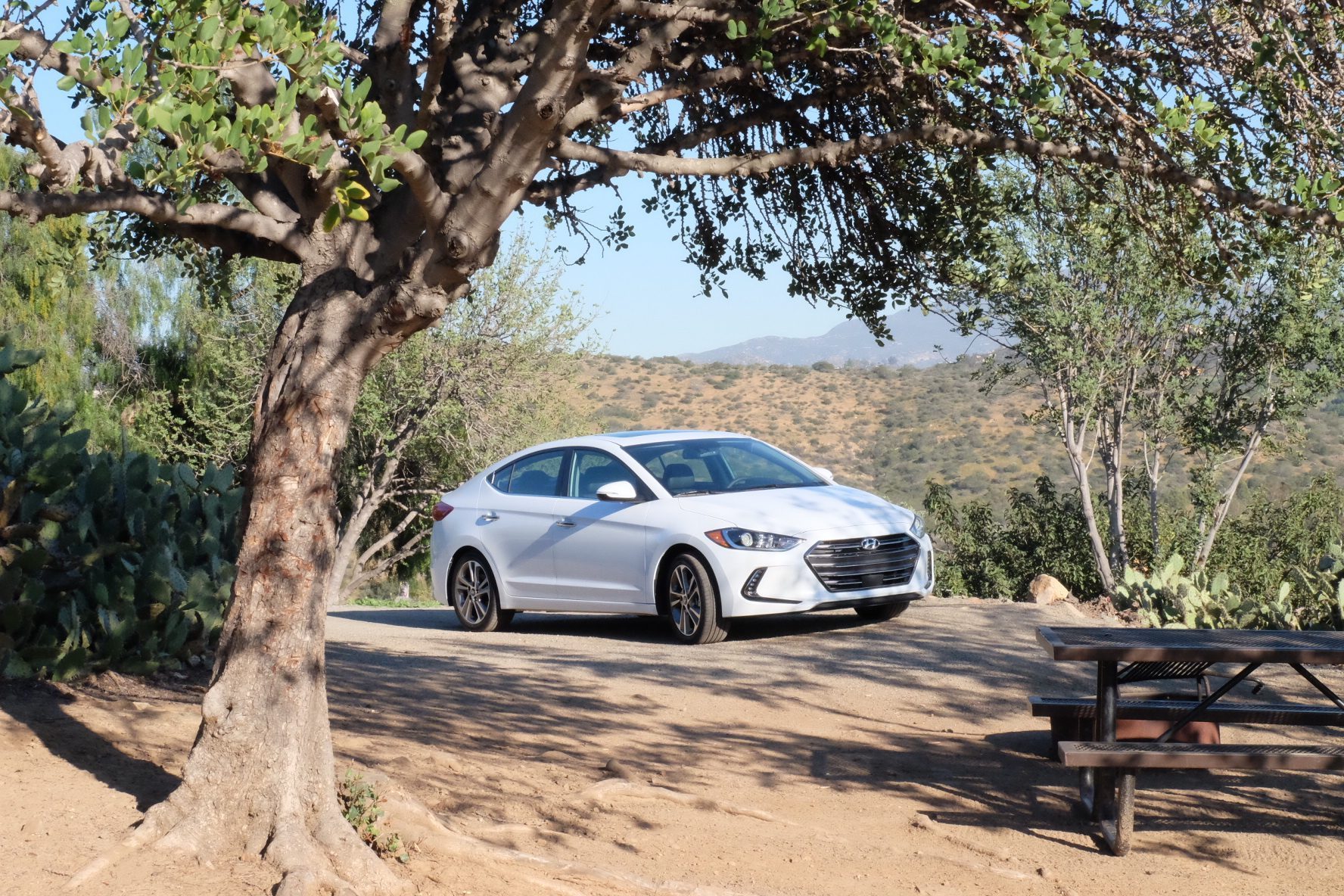Are state laws to curb bad driving habits working?
Are you still driving and talking on your cellphone while it’s in your hand? You may want to look into your state distracted driving laws. In 14 states, you could be pulled over and ticketed for this action.
Still sending that occasional text reply on your way to meet a friend for dinner? You may want to rethink that, too. Almost every state in the U.S. has banned text messaging by drivers on the road. In fact, it’s an offense that can set off the blue lights without the officer needing another reason to ticket you.
Turns out that “hands-free” calling doesn’t equate to putting your cell on speakerphone and holding it while talking. You really do to need to connect to your vehicle’s Bluetooth system each time you get in the car. Don’t have Bluetooth connectivity in your vehicle? hum by Verizon has you covered.
And a “no texting while driving” policy doesn’t end when you’ve reached a stoplight. Many cars today have technologies, such as Apple CarPlay and Android Auto, which enable text communication through voice activation.
So far, no state has completely banned cellphone use from behind the wheel, but 38 ban it for novice drivers, typically those under the age of 18 and with a learner’s permit or graduated license. Yet, if statistics for accidents and deaths continue to rise – such as the 7.7 percent increase in traffic deaths for 2015 that NHTSA recently reported – it is only a matter of time before one state sets the example. This preliminary data has not been evaluated for the percentage of distraction-related incidents; however, it is worth noting that pedestrian and pedalcyclist deaths similarly grew 10 percent and 13 percent, respectively, last year.
It might surprise you that there are so many laws restricting cellphone use for drivers. When was the last time you were making a trip to the grocery store, commuting into work, or taking a road trip that you didn’t encounter someone cluelessly glued to their phone when behind the wheel?
Of the 46 states – plus D.C., Puerto Rico, Guam and the U.S. Virgin Islands – that ban text messaging for all drivers, 41 provide police officers with what’s known as “primary enforcement”. That means an officer can pull you over for the sole reason that you’re breaking a cellphone or texting law.
If you have a teenager about to take the wheel solo, then it’s worth researching these laws and explaining the consequences to your novice driver. Want to learn what the distraction laws are in your state? The Governors Highway Safety Association (GHSA) is a great resource, providing a detailed breakdown of cellphone and texting laws by state.
As for us older, wiser adults? Well, it’s up to us to set a good example. We must choose to be a safe driver and to model the best behavior possible for our friends, family and coworkers.

Disclaimer: This post is one of several articles part of a paid partnership with hum by Verizon. Our partnership focuses on driver safety, broadening the general awareness of Verizon’s hum product, and at times, will feature Verizon subject matter experts. Those articles will be denoted with an author by-line and this disclosure statement. Social media posts promoting the published articles in this series will be accompanied by the #humBCC and #sponsored hashtags. We do not guarantee that the information provided on GHSA’s website is accurate or up-to-date.




